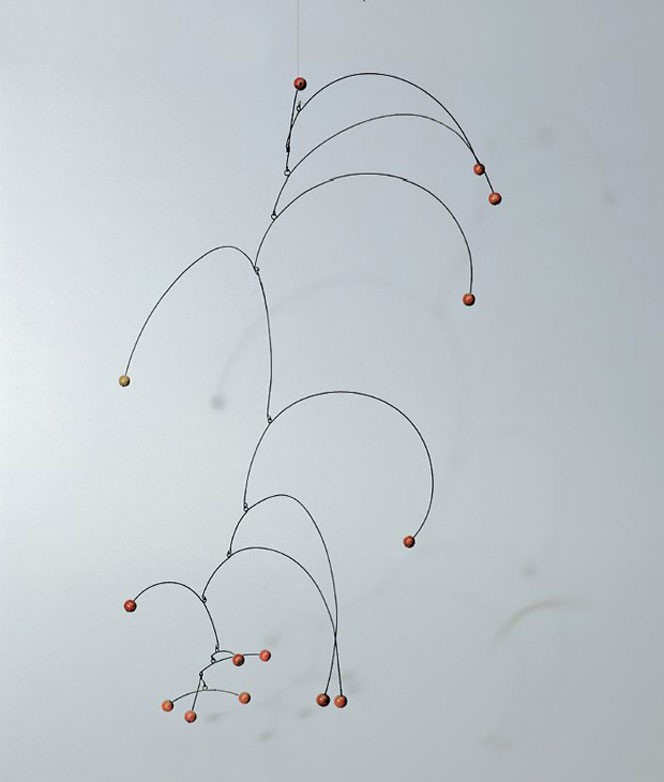Blog 25 August 2021
Finally getting into writing the methodology chapter of my monograph. Research is like walking in the dark; this is generally known and accepted, but wow how wonderful it is when time becomes right for making things more concrete. It has taken some good research work in order to be able to perform most elementary decisions, such as choosing study cases, or even just figuring the role and the scope of work of research assistants. Since all elements of the work are interwoven and interdependent – theory with research tools; study cases with ongoing specification of research questions etc’ – the dynamic of this work tends to fluctuate. Some days it flows and it seems like it all clears up, and in others, one can only wonder, where is this all going? Research work often requires coping with and embracing the unknown, perhaps very much like with other explorations in life. But what I find remarkable is, that someone has actually built a research methodology based exactly on this very nature.
Grounded theory was introduced by Glaser and Strauss (1967) as a “qualitative research method that uses a systematic set of procedures to develop an inductively derived grounded theory about a phenomenon” (Corbin & Strauss, 1990, p. 24). The theory is based on and emerging from empirical data, in opposition to deductive approaches to research that verify pre-existing assumptions. What makes this methodology robust, is its ability to develop theory using predefined systematic procedures that are yet flexible tools for analysis (Charmatz , 2005). In other words, while the structure of the research work is clear (the processes to be followed for the collection and analysis of data), themes and concepts are meant to emerge from the data and be revealed with time and the work of synthesis. Not all research follows this unique methodology. In fact, it has to do with one’s standing about knowledge production and their epistemological approach to ontology.

Photo taken from the website L’arte di Bruno Munari. (http://www.munart.org/index.php?p=9). I associate its abstract demonstration of links and points in space to knowledge production and perception.
Gephart (2004) stresses the importance of aligning theory to methodology and explains three approaches to qualitative management research: Positivism and post-positivism; interpretive research; and critical postmodernism. While Positivism and post-positivism embrace a realist approach to research that assumes reality as objective, external to the mind, and understood by a reflection of science, interpretive research believes in a reality that is socially constructed and understood subjectively due to the individual’s and observer’s background and worldviews (Rehman & Alharthi, 2016). Critical postmodernism explains reality and social constructs as shaped overtime by historical incidents and by thus “form contradictions with implications for social action and human freedom” (Gephart, 2004, p. 457) My research is conducted using grounded theory with an interpretive and critical approach, analogous to what Charmatz (2005) names as a constructivist grounded theory. Employing such theory, the inquiry aims to understand the collective and local experience of the studied matter and to provide a theoretical explanation through a set of integrated concepts. (Corbin & Strauss, 1990) It does so by synthesising the subject’s situated knowledge (Haraway, 1988) about the matter, while taking the external conditions and the historical and cultural settings into consideration. This practice dwells in the researcher’s constant awareness of the imperfect inductivity of their investigation, their acknowledgement that the questions they ask already form a certain construct for the investigation, premised on how they know of the world and what they think of it (Charmatz , 2005).
On that account, ethnographic sensitivity is key in the social sciences. What helps in gaining a good measure of it is a degree of awareness combined with knowledge about the culture, economic conditions, and political climate in the place to be investigated. Some stress that there is a value in not knowing so much of a place before investigating it, in order to remain unbiased, to deploy a clear and ‘innocent’ view on events and interactions. Others believe that an extensive grasp of a place is essential for critical learning and the interpretation of a phenomenon. I adopt the latter approach though coming to know that no matter how much one learns about a place, a complete and authentic comprehension of people’s actions, inner motivations and decision-making cannot be achieved. A gap that pertains to the investigator’s externality will inevitably keep some degree (hopefully, as minimal as possible) of misinterpretation of human action.
From this point I will continue to write about how I perceive my positionality, as well as on the tools I build on for helping me to overcome the barriers and challenges I anticipate, and the mechanisms I intend to put at play for enforcing the strengths that come along with my identity, culture and experience.
More to come next month. Have a great one!
References:
Charmatz , K., 2005. ‘Grounded theory in the 21st century: Application for advancing social justice studies’. The SAGE Handbook of qualitative research , pp. 507-536.
Corbin, J. & Strauss, A., 1990. ‘Grounded theory research: Procedures, canons and evaluative criteria’, Qualitative sociology , 13(1), pp. 3-21.
Gephart, R., 2004. ‘Qualitative research and the academy of management journal’, Academy of management journal , 47(4), pp. 454-462.
Glaser, B. G. & Strauss, A. L., 1967. The discovery of grounded theory: Strategies for qualitative research. London: Aldine Transaction .
Haraway, D., 1988. ‘Situated knowledges: The science question in feminism and the privilege of partial perspective’, Feminist studies, 14(3), pp. 575-599.
Rehman, A. A. & Alharthi, K., 2016. ‘An introduction to research paradigms’, International journal of educational investigations, 3(8), pp. 51-59.

